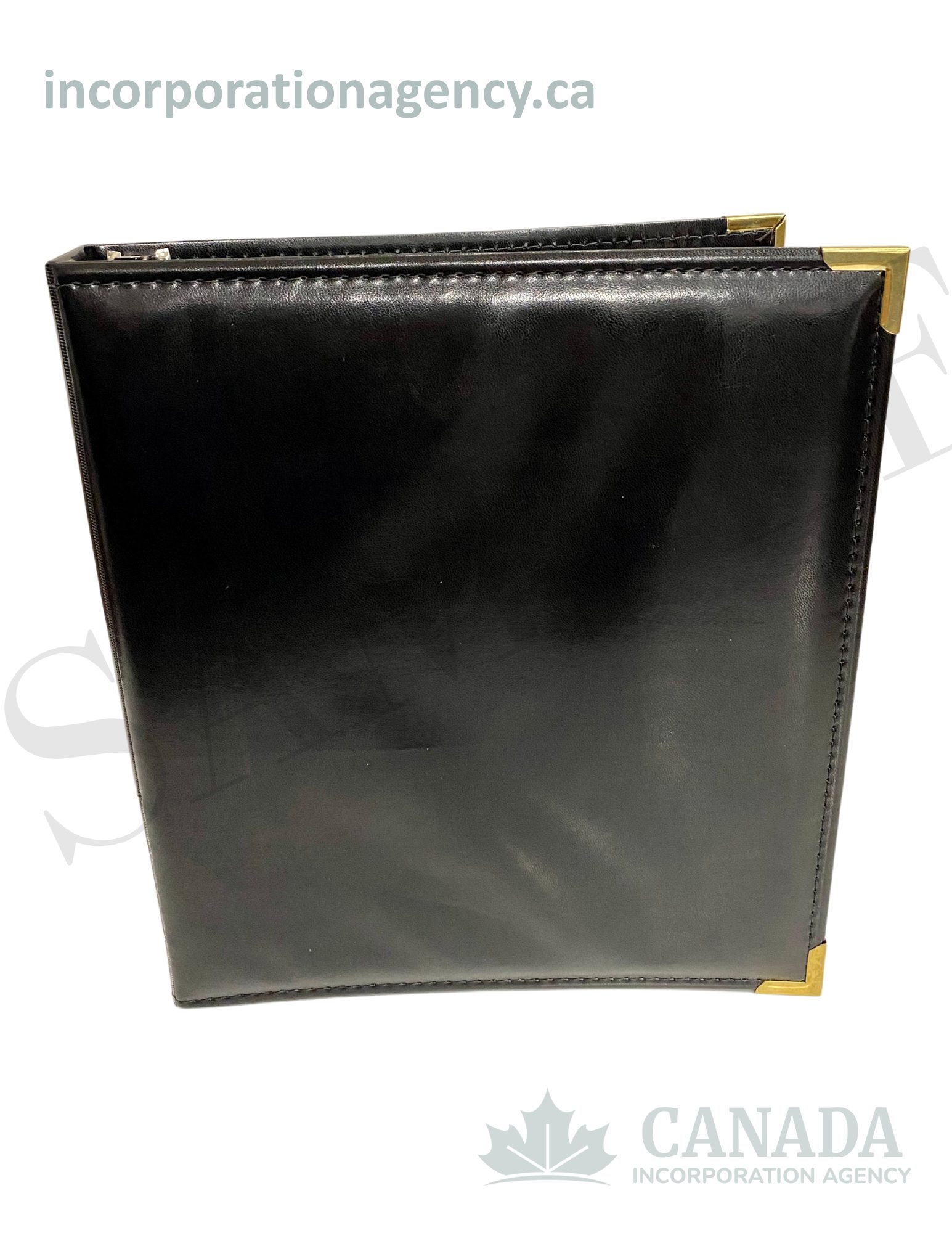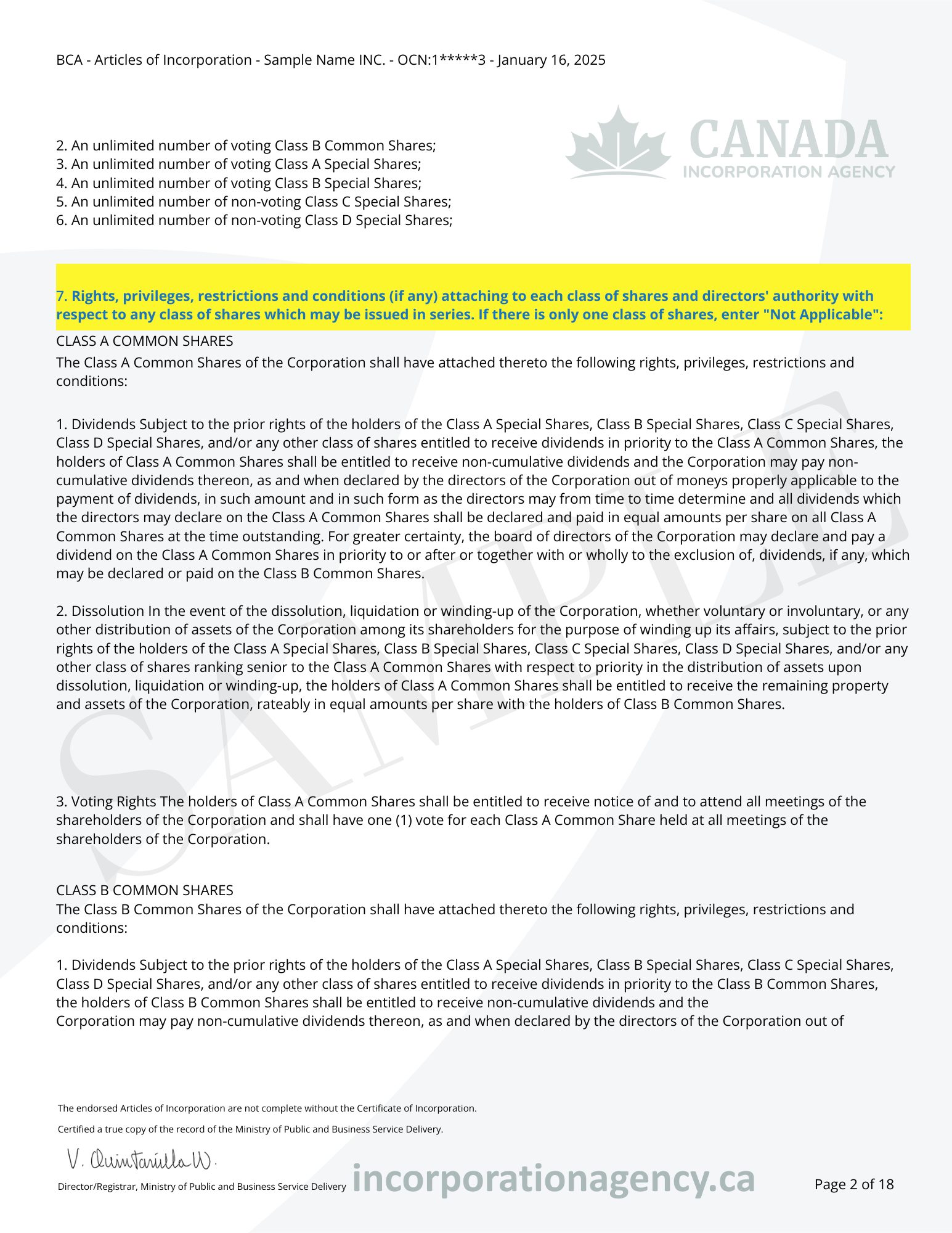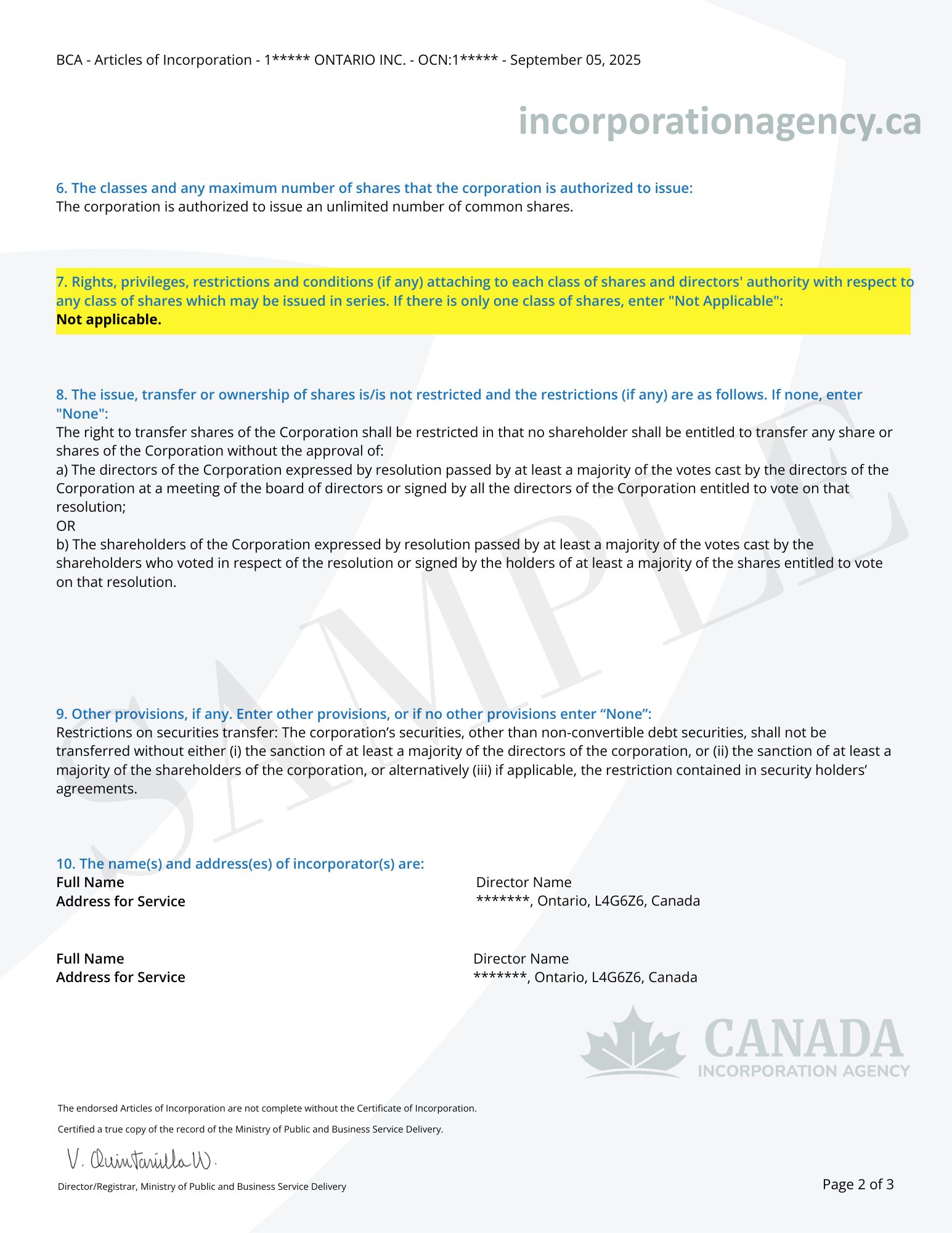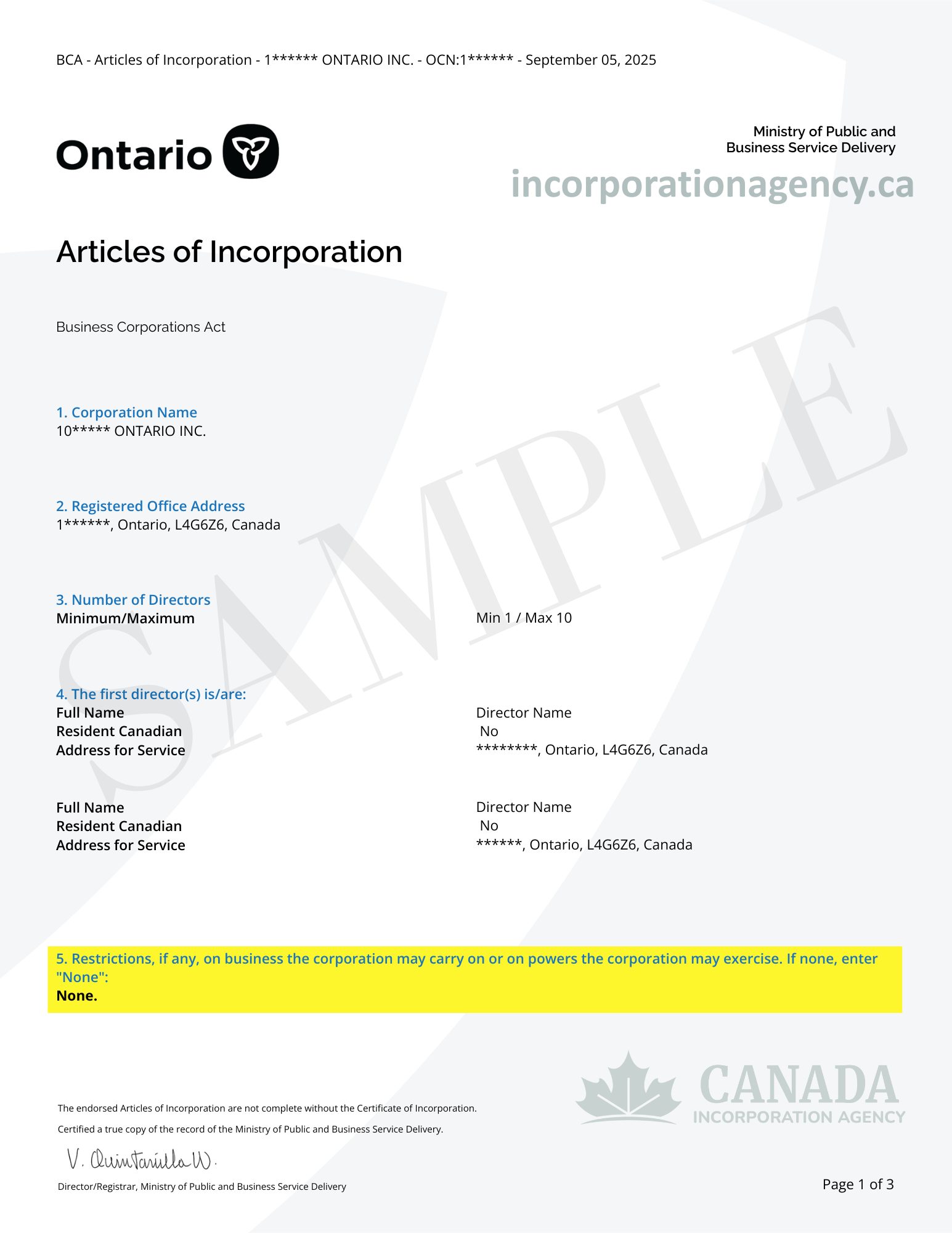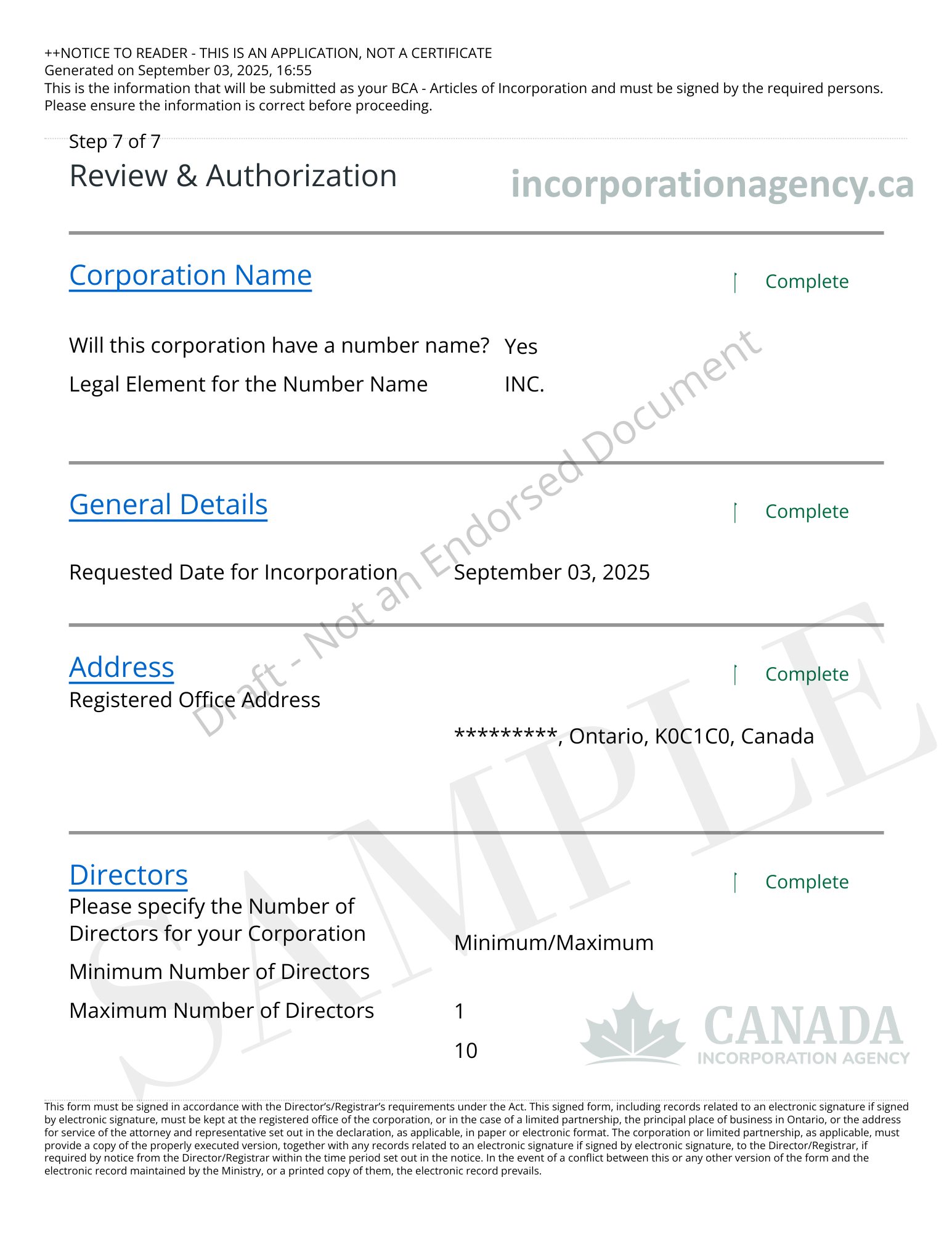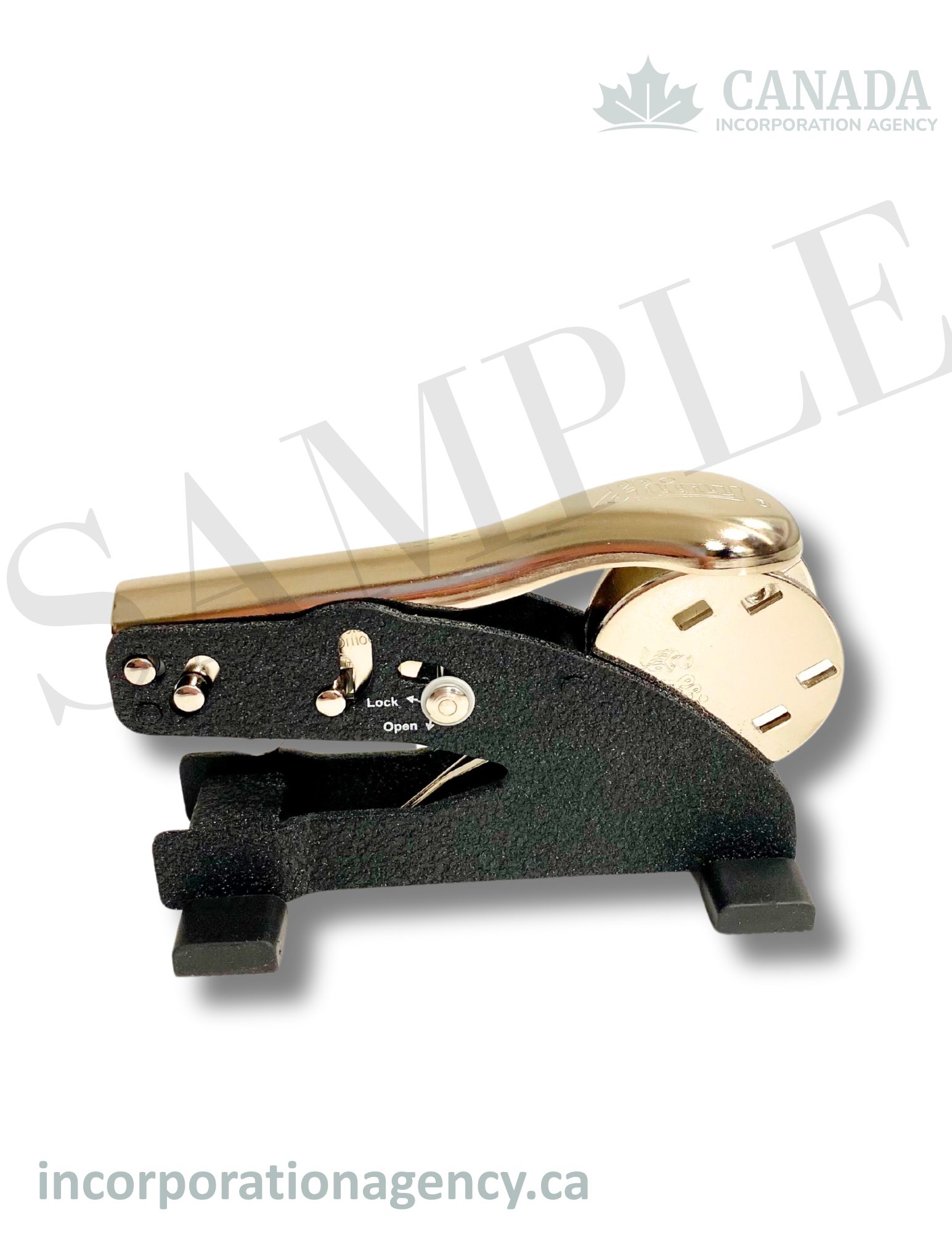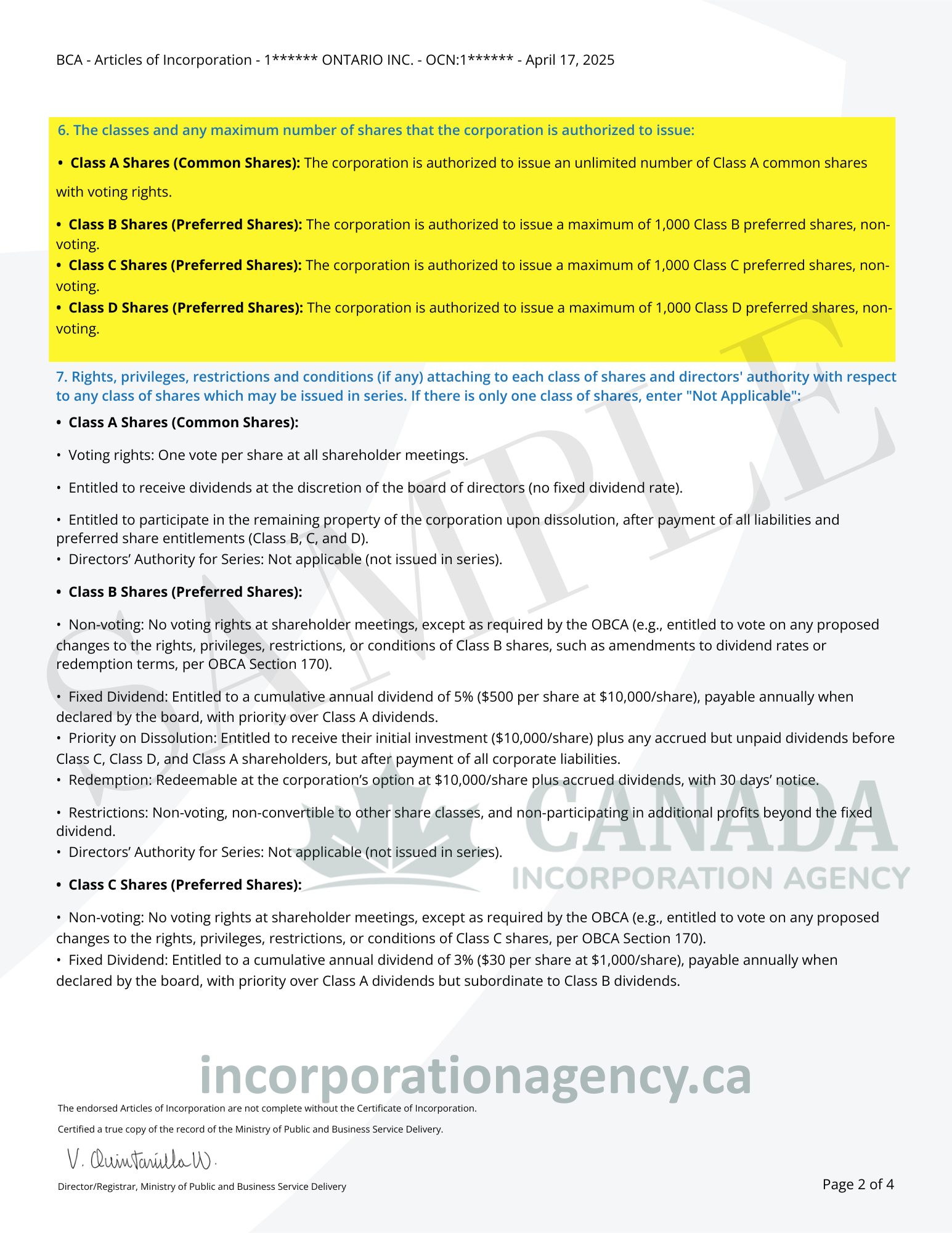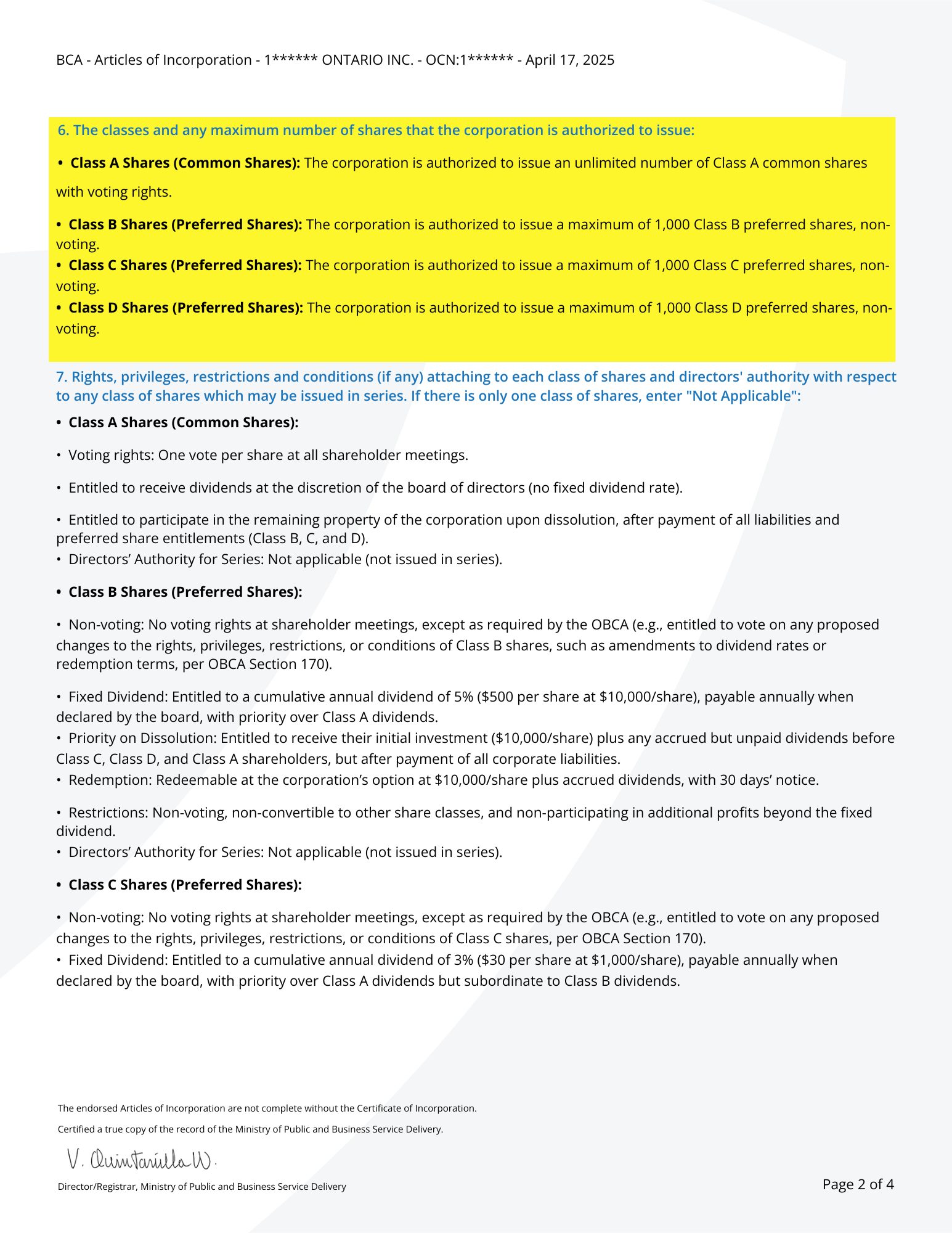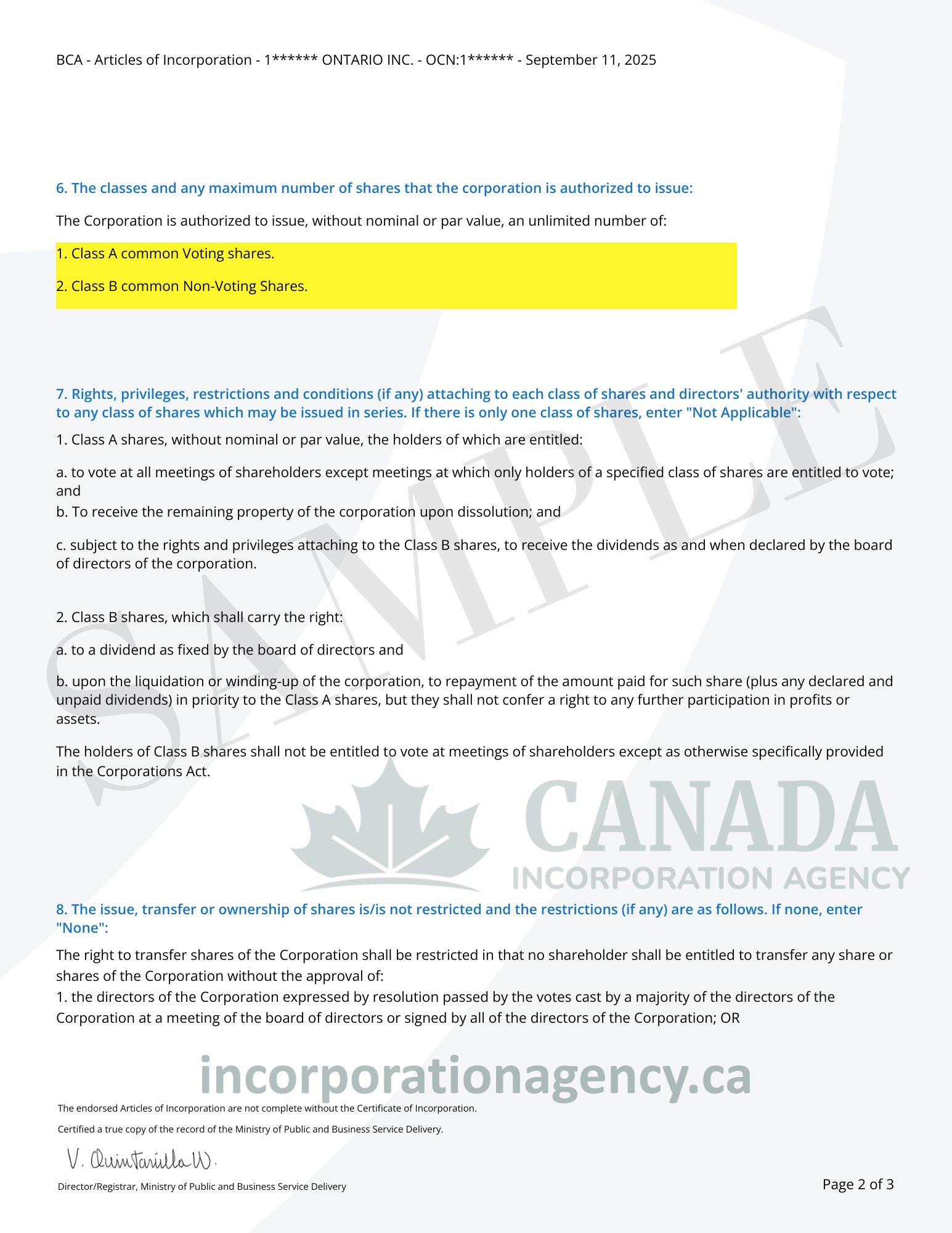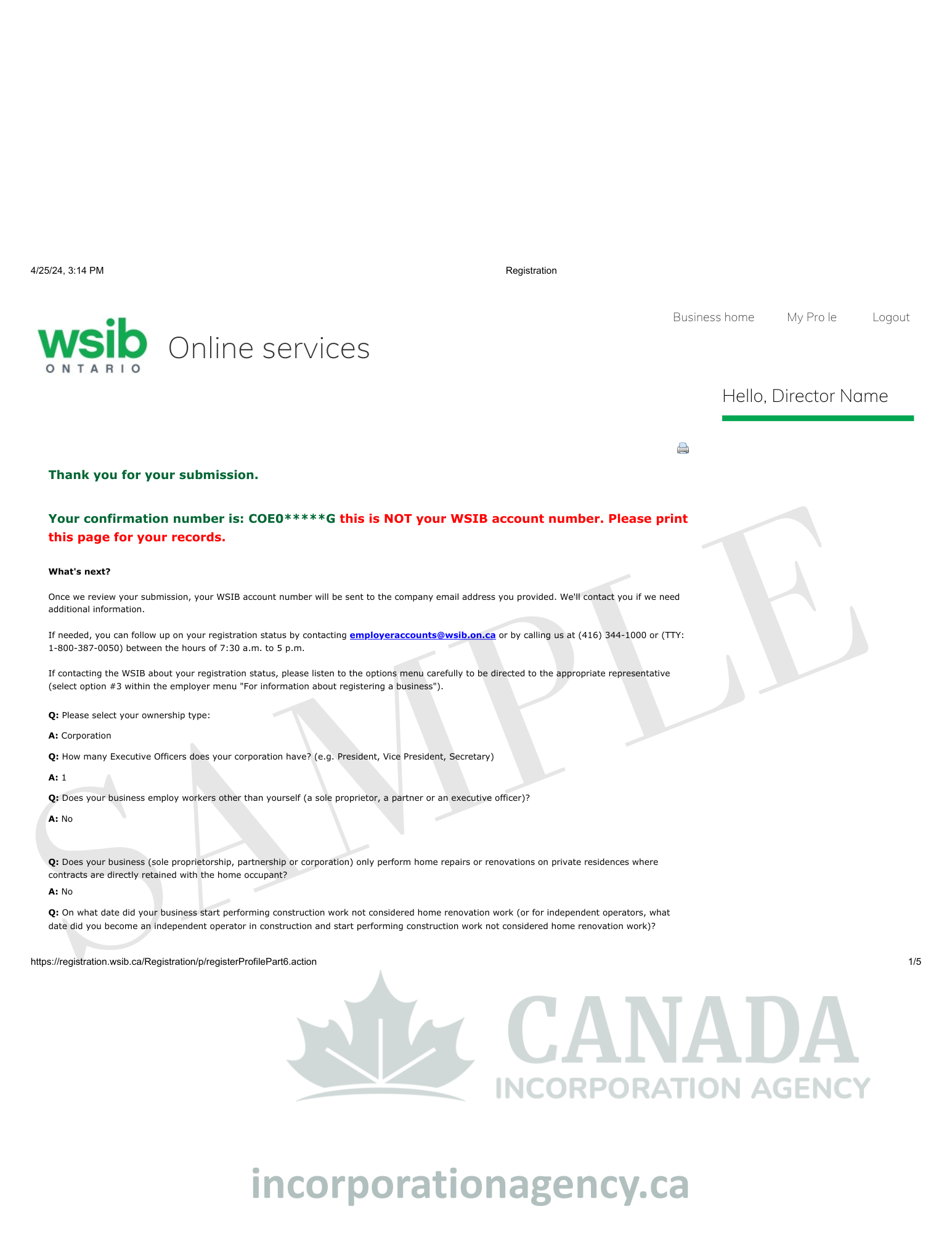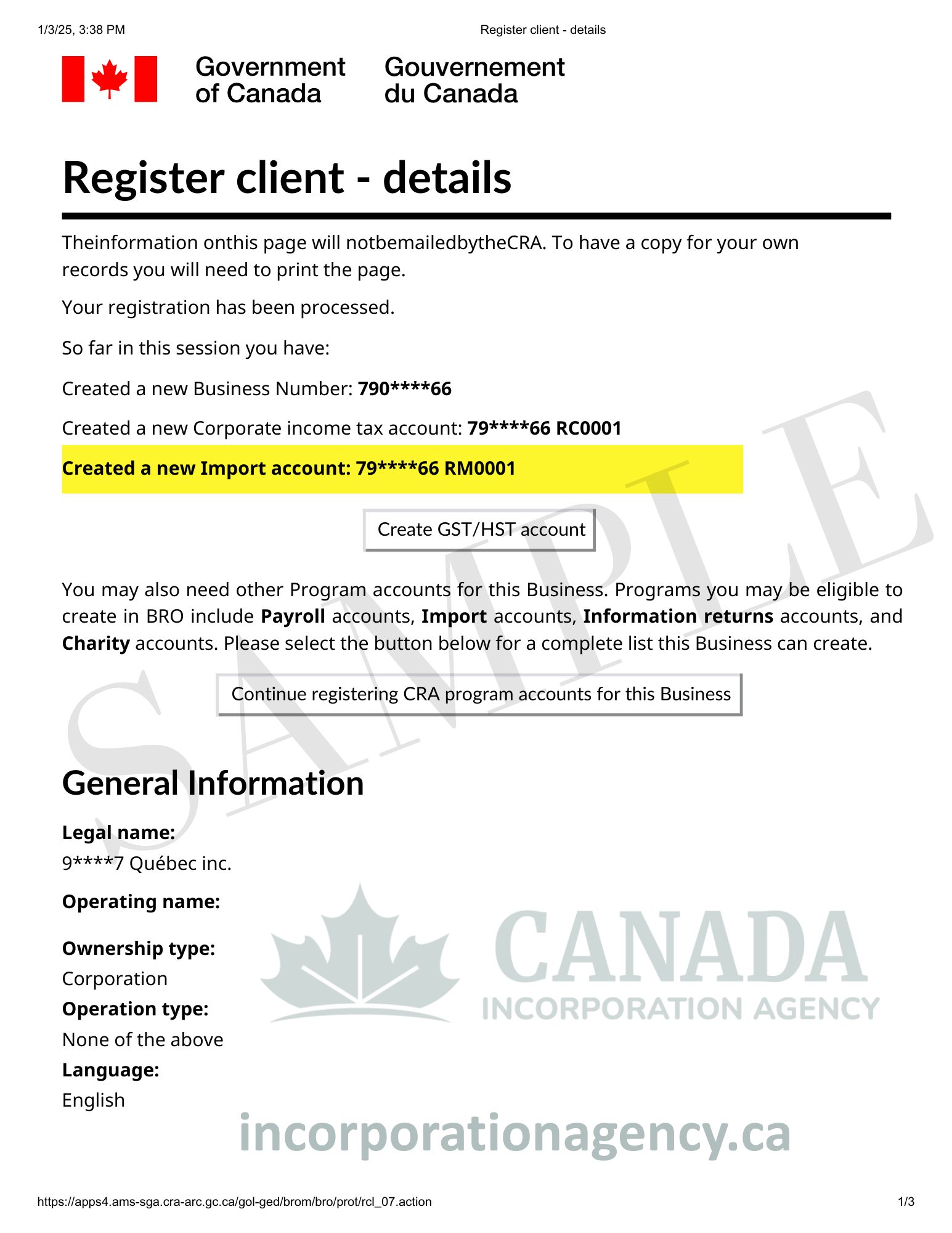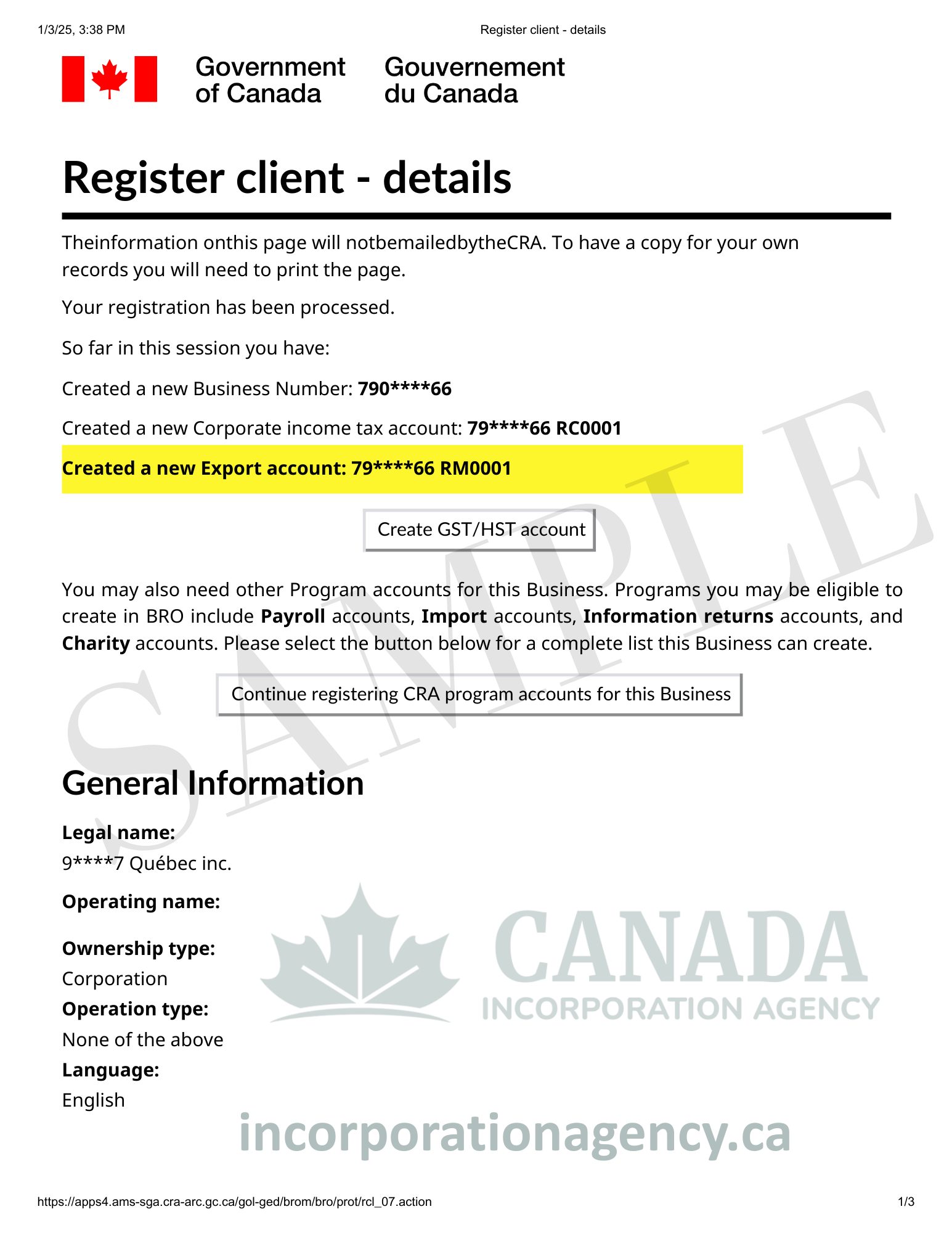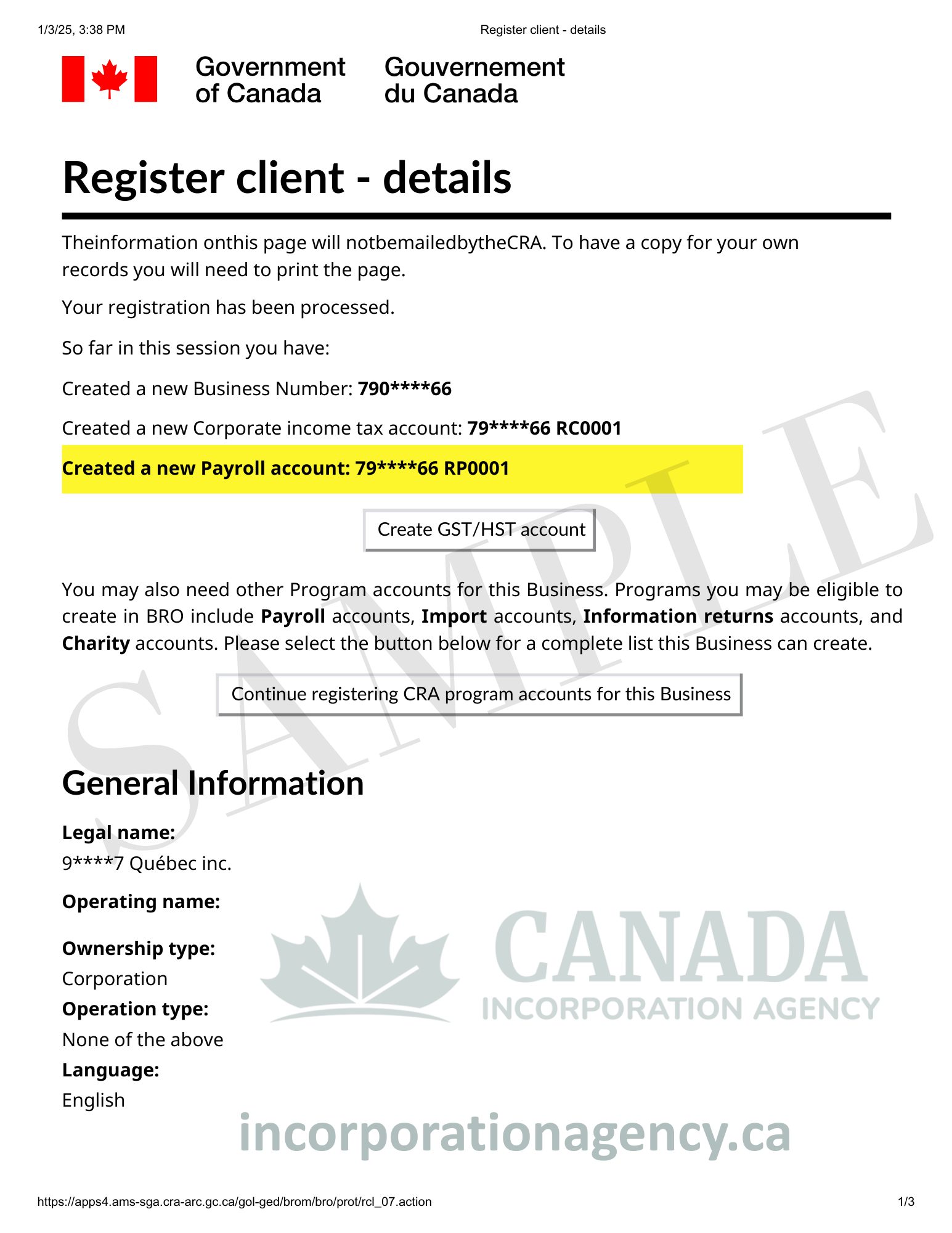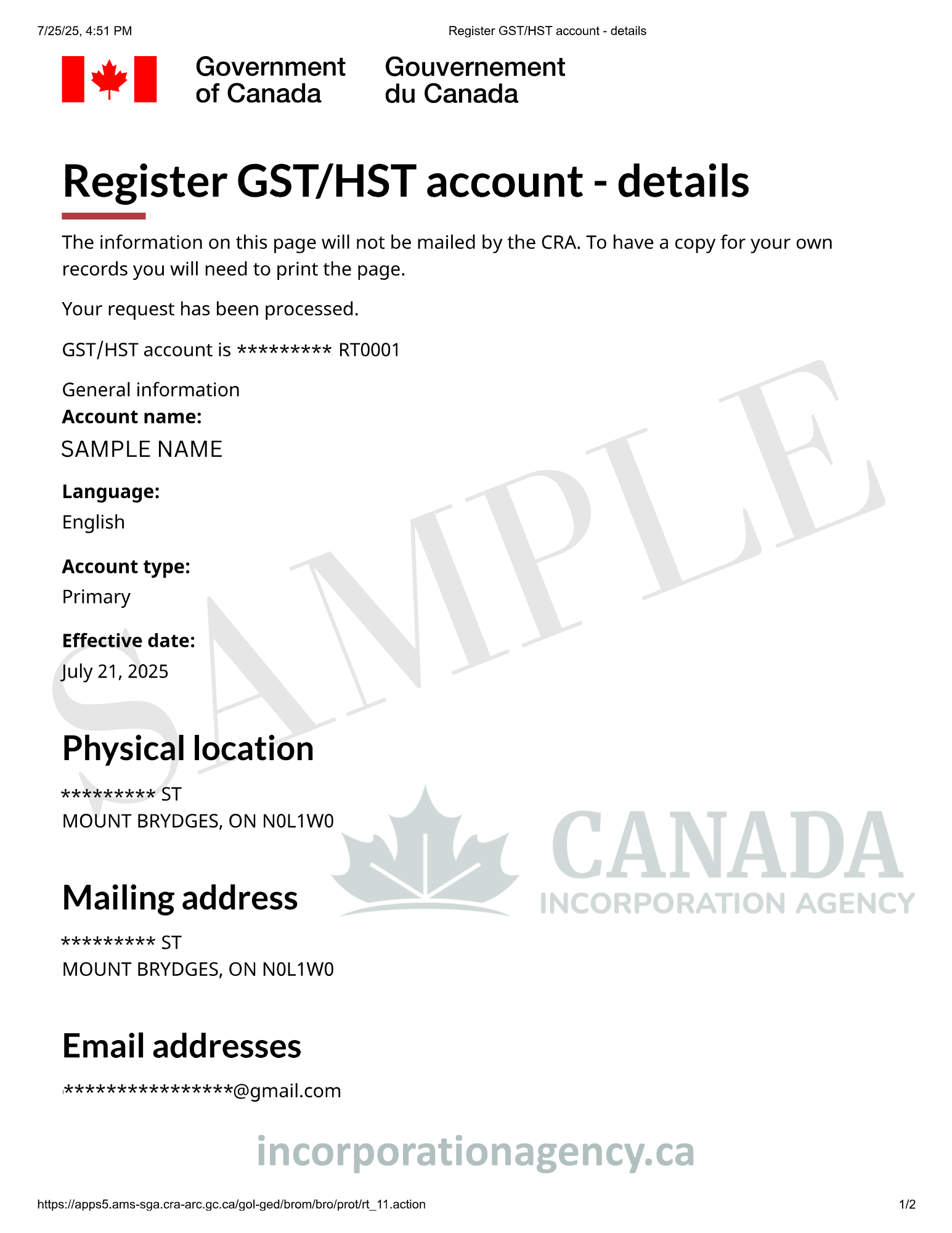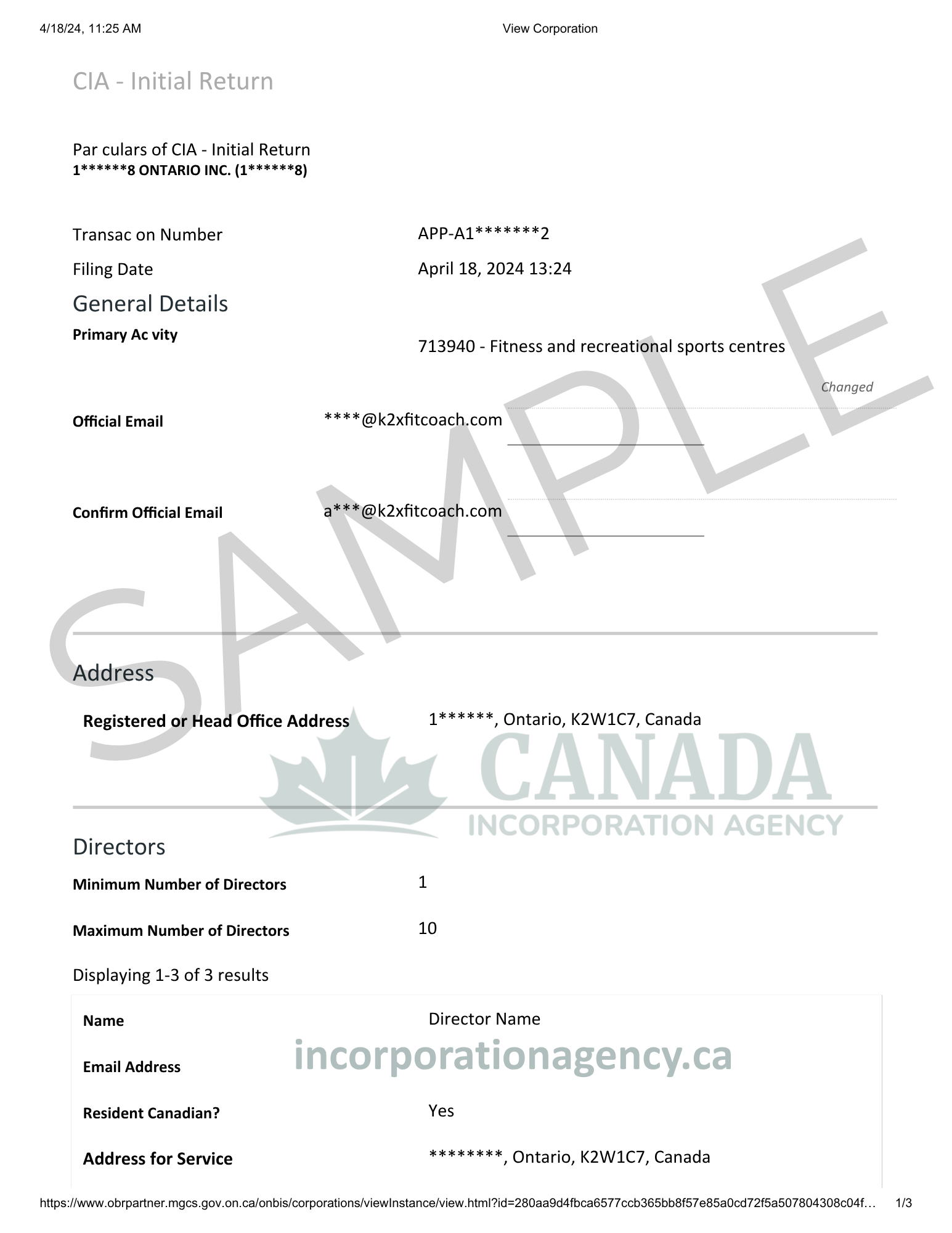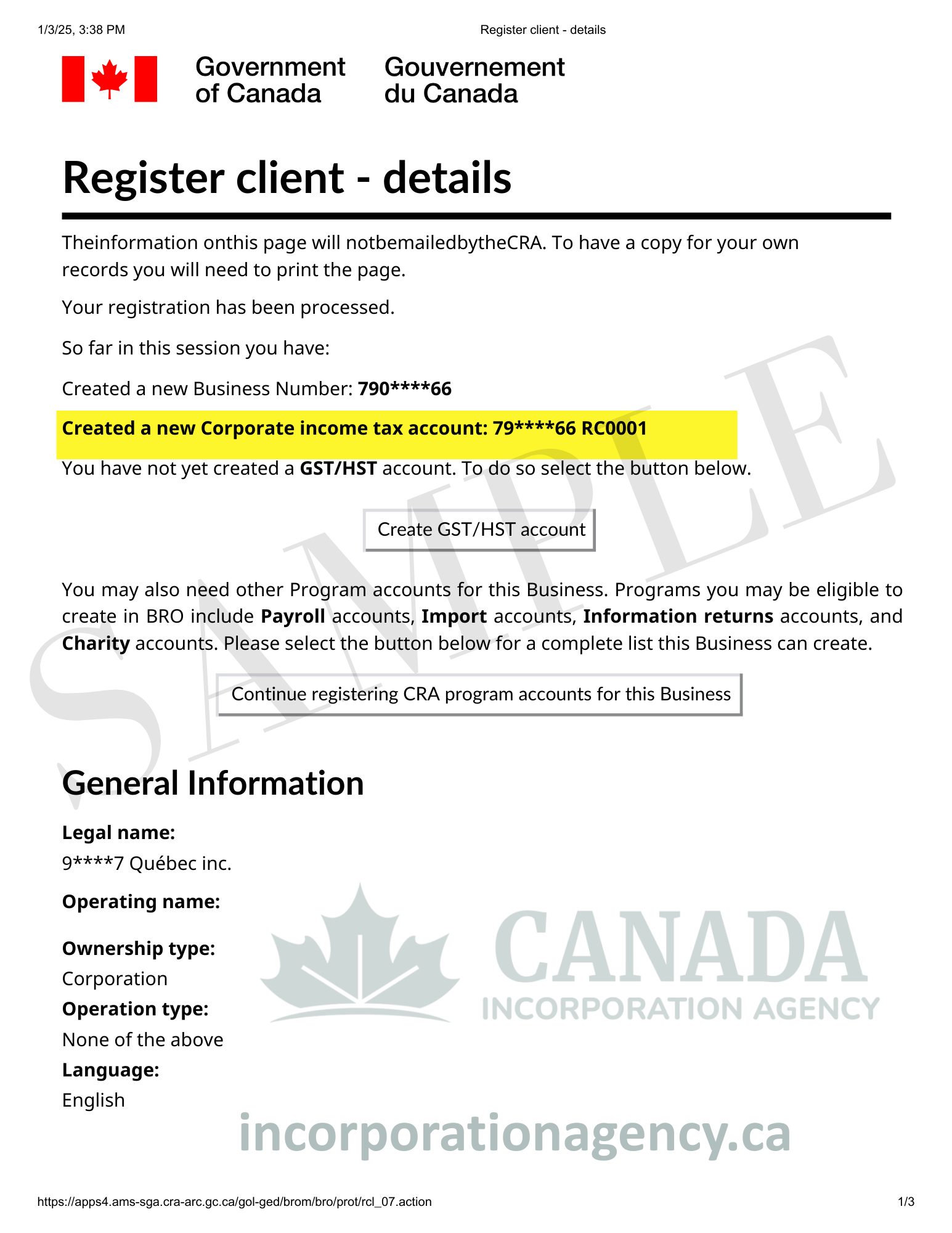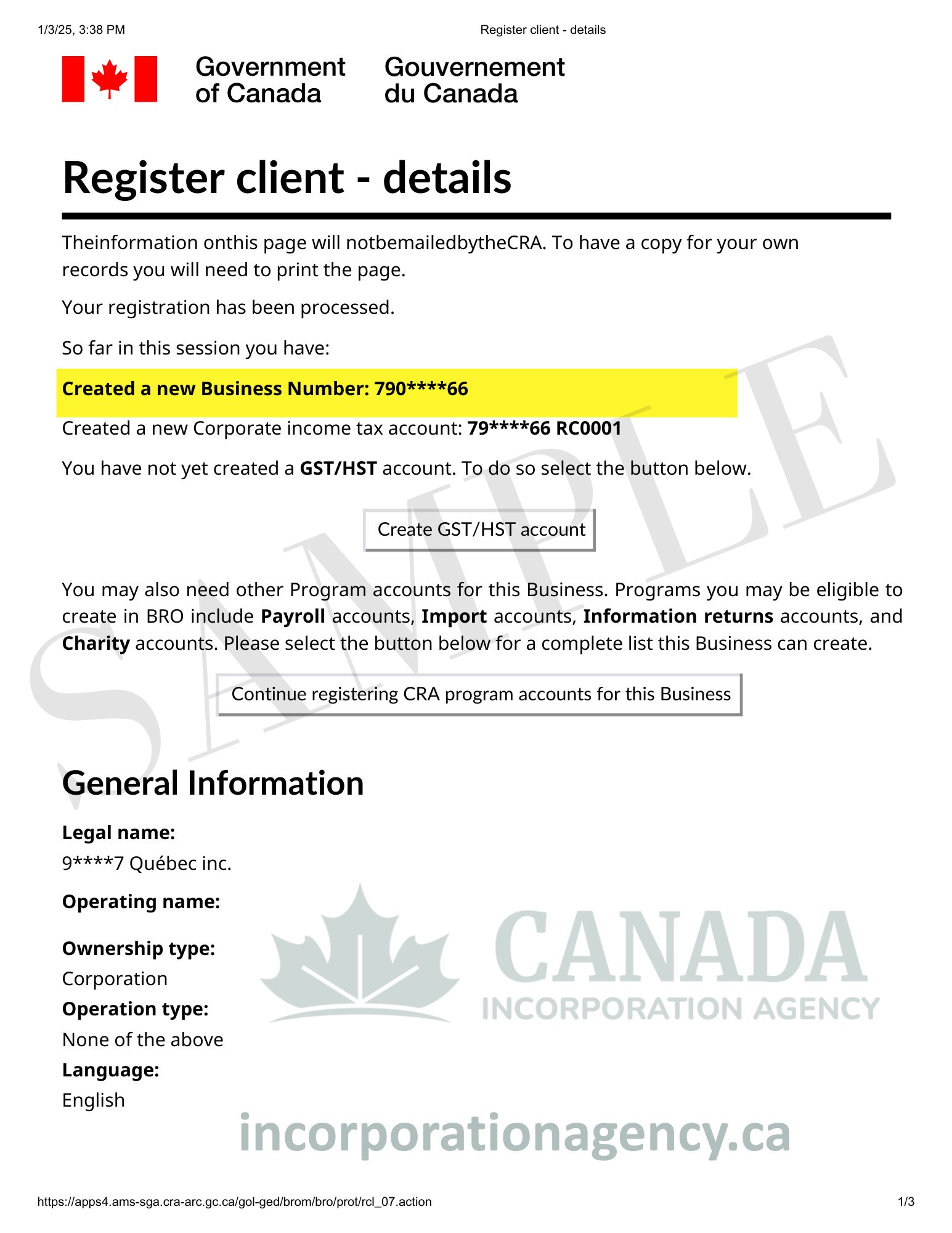Starting a BC Society might sound like something reserved for lawyers in fancy suits and people with bottomless coffee mugs. But in reality, societies in British Columbia are all about everyday people who want to create a club, charity, non-profit, or community group with a purpose.
And yes, you don’t need to be a legal wizard to get started (though having snacks during the process helps). Let’s break it all down—what a BC society is, how it works, and what you’ll need to do to keep it running smoothly.
What Exactly Is a BC Society?
Think of a BC society as a team, but instead of scoring goals or winning trophies, the group works together for a cause—whether that’s running a cultural association, organizing a sports club, or launching a charity to save llamas (hey, you never know).
Societies in BC are regulated under the Societies Act, which sets the rules for creating, managing, and dissolving societies. Unlike regular businesses, societies are usually not-for-profit. That means all the money made goes back into the society’s mission instead of into members’ pockets.
Why Register a BC Society?
Well, imagine trying to run a group without any structure. It’s like having a book club where everyone brings different editions, skips chapters, and argues about who brings the cookies. Registering gives your group legal recognition, structure, and credibility.
Benefits of Registering:
- Legal protection for members (no one’s personal assets are at risk if things go sideways).
- The ability to open a bank account under the society’s name.
- A legitimate way to apply for grants and funding.
- Built-in governance rules to keep the peace (no more endless debates about who gets to hold the gavel).
The BC Society Registry
When you want to officially create your society, you’ll need to go through the BC Society Registry. This is like the official gatekeeper for all societies BC. The registry makes sure your name isn’t already taken, your paperwork is in order, and that you’re playing by the legal rules.
To register, you’ll:
- Reserve a name (and yes, you can’t call yourself “Avengers Society of BC” unless Marvel is cool with it).
- Draft your constitution and bylaws (these are your society’s “house rules”).
- Submit everything online through the BC Registry Services.
Pay the filing fee (a small price to pay for legal recognition).
Example: Registering a Society in BC
Let’s say you and your friends are passionate about dog rescue. You decide to start the “Paws and Claws Rescue Society”.
Here’s how it might look:
- Step 1: Reserve the name “Paws and Claws Rescue Society” through the bc society registry.
- Step 2: Write your constitution: “Our purpose is to rescue, foster, and rehome dogs and educate the public about responsible pet ownership.”
- Step 3: Draft bylaws outlining membership, director duties, and meeting rules (like, no barking allowed during Zoom calls).
- Step 4: Submit everything online with your $100 filing fee.
- Step 5: Boom—you’re officially a society in BC!
Types of Societies in BC
Not all societies are created equal. There are different flavours, depending on your goals.
Ordinary Societies
These are the most common. Think cultural clubs, sports organizations, or community groups.
Charitable Societies
Want to accept donations and issue tax receipts? Then you’re looking at charitable status. To do this, you’ll also need to register with the Canada Revenue Agency. (See below where we cover how to start a charity in BC).
Member-Focused Societies
These are for members only, like hobby clubs, where the focus is less on the public and more on the group itself.
BC Society vs Charity: What’s the Difference?
| Feature | BC Society | Charity (Registered with CRA) |
|---|---|---|
| Definition | A not-for-profit organization registered under the BC Societies Act. | A not-for-profit that has charitable status recognized by the Canada Revenue Agency (CRA). |
| Registration Authority | Registered through the BC Society Registry. | Must first register as a BC society (or federal non-profit) and then apply to the CRA for charitable status. |
| Purpose | Can have a wide range of non-profit purposes (sports, culture, community, education, etc.). | Purposes must fit within CRA’s recognized charitable categories (relief of poverty, advancement of education/religion, or other community benefit). |
| Ability to Issue Tax Receipts | ❌ Cannot issue donation tax receipts. | ✅ Can issue official tax receipts to donors. |
| Funding | Membership fees, fundraising events, grants, sponsorships. | Same as societies, plus can attract more donations thanks to tax receipts. |
| Ongoing Reporting | Must file a BC society annual report with the BC Registry. | Must file a BC society annual report and an annual T3010 charity return with CRA. |
| Governance Rules | Governed by bylaws and the Societies Act. | Governed by bylaws, the Societies Act, and additional CRA rules. |
| Flexibility | Greater flexibility in activities and purposes. | More restrictions—activities must directly support charitable purposes. |
| Public Perception | Seen as a legitimate non-profit group. | Seen as a recognized charity with added trust and credibility for fundraising. |
How to Start a Charity in BC
Now, let’s tackle one of the most popular questions: how to start a charity in BC.
Starting a charity involves two big steps:
- Registering as a society in BC.
- Applying to the Canada Revenue Agency (CRA) for charitable status.
Why? Because only the CRA can grant the magical power of issuing donation tax receipts. Without that, your charity is basically just a really generous society.
Pro tip: The CRA loves clarity. Make sure your charitable purposes are specific and fall into one of the recognized categories, like advancing education, relieving poverty, or saving endangered moose (yes, really).
Filing a BC Society Annual Report
Ah, paperwork—the thing everyone loves to ignore until it’s too late.
Every society must file a BC society annual report with the registry. It’s basically a yearly check-in saying, “Yes, we’re still alive and kicking.”
The annual report updates your directors, confirms your registered office, and keeps your society in good standing. Forget to file it? You risk having your society dissolved faster than you can say “Oops.”
Common FAQs About Societies BC
1. How many people do you need to start a society in BC?
You need at least three directors who are 18 or older.
2. How much does it cost to register?
The filing fee is $100 (plus $30 for the name request). Not bad compared to the price of coffee in Vancouver.
3. Can a society make money?
Yes, but all profits must go back into the society’s mission. No Ferraris for directors—sorry.
4. What happens if we forget to file our annual report?
Your society could be struck off the registry. Think of it as being ghosted by the government.
5. What’s the difference between a society and a non-profit corporation?
In BC, societies are the main structure for non-profit organizations. Federal non-profits exist, too, but BC societies are for groups that primarily operate within the province.
Wrapping It Up
Starting a BC society isn’t rocket science. With the right group of people, a solid constitution, and a sense of humor, you can create something that makes a real difference. Just remember:
- Use the bc society registry to file and stay compliant.
- Check out societies BC for guidance and resources.
- If you want to go charitable, learn how to start a charity in BC through CRA.
- Don’t forget your bc society annual report—or you’ll be playing hide-and-seek with the registry.
So go ahead—gather your crew, write down your mission, and make it official. Who knows? Your society might just change the world (or at least the neighborhood).







